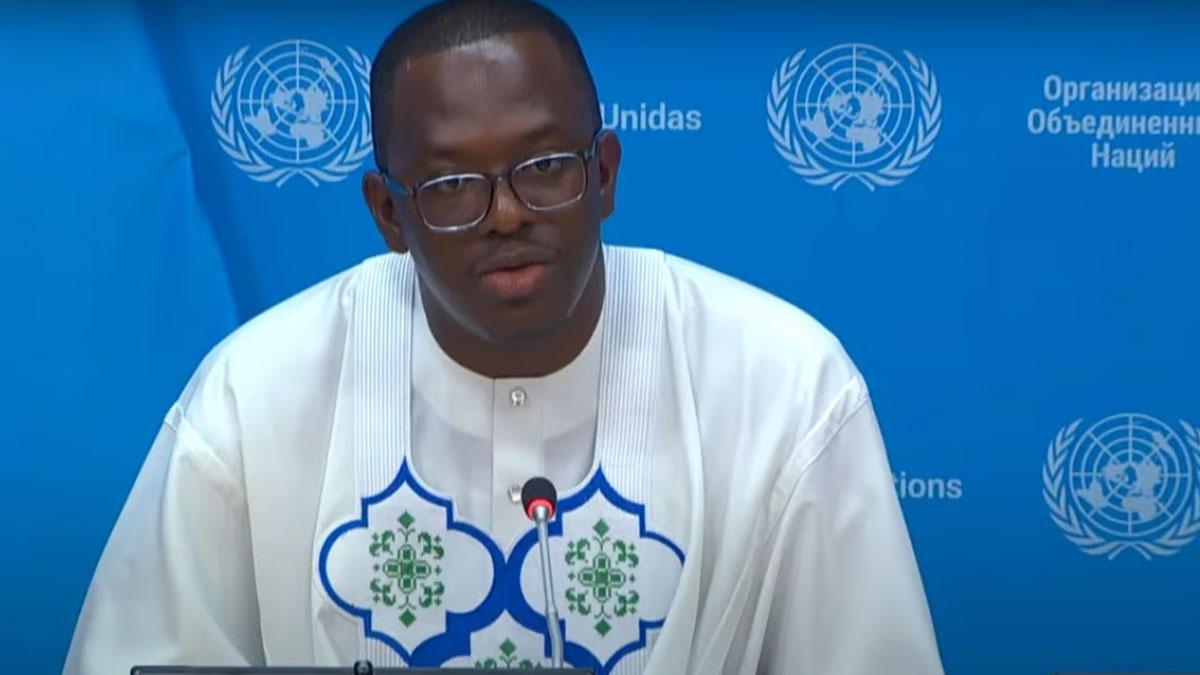For the first time, the UN Security Council is going to take up the question of its reform with a view to pushing the long-pending reform agenda; this was stated by Council President Michael Imran Kanu.
Well, while these reform negotiations have been going on in the General Assembly, moving it to the Council serves to garner support for how those historical injustices are to be addressed, Kanu said at Thursday's press briefing – his country, Sierra Leone, has taken over the rotating presidency of the Council for the month.
He also told journalists that reform will only be achieved if there is consensus from all five permanent members of the Council.
The high-level meeting, presided over by Sierra Leone President Julius Maada Wonie Bio, will be held on the 12th of August, Kanu said.
The Security Council is also due to meet next Thursday to consider the threats to international peace and security caused by terrorism.
He said it was a historical wrong, considering the status of Africa as the biggest bloc in the UN with 54 member states, to the effect that it remains excluded from permanent membership of the Council, while most of the operations of the Council in terms of peacekeeping take place on the continent.
Permanent members of the Council have given their support to granting permanent seats to Africa, thereby righting this injustice that has been perpetuated throughout history. Kanu expects a strong declaration to support any action geared toward correcting past wrongs.
Next year, the UN will enter the 80th year since its establishment, and there is no reason whatsoever, argues Kanu, for Africa to remain outside permanent membership.
African nations demand two permanent seats and at least two more non-permanent seats added.
The debate in the Council could well provide impetus to a declaration being readied by the Assembly in time for September's Summit of the Future, where leaders of the world would try to reach an agreement on the future pathway of the organization.
The reform negotiations in the Assembly reached an impasse after a few countries used procedural tricks to block the adoption of the negotiating document, which could propel discussions forward.
A key contender like India was denied a permanent seat because it was still a British colony at the time when the UN was established in 1945. The impetus given by the African countries and their allies is forcing the reform-blockers to break the stalemate.
Read also | Joe Biden Offers Heartfelt Condolences for Wayanad Landslide Tragedy
Read also | Biden Administration Anticipates Imminent Iranian Strike on Israel


















